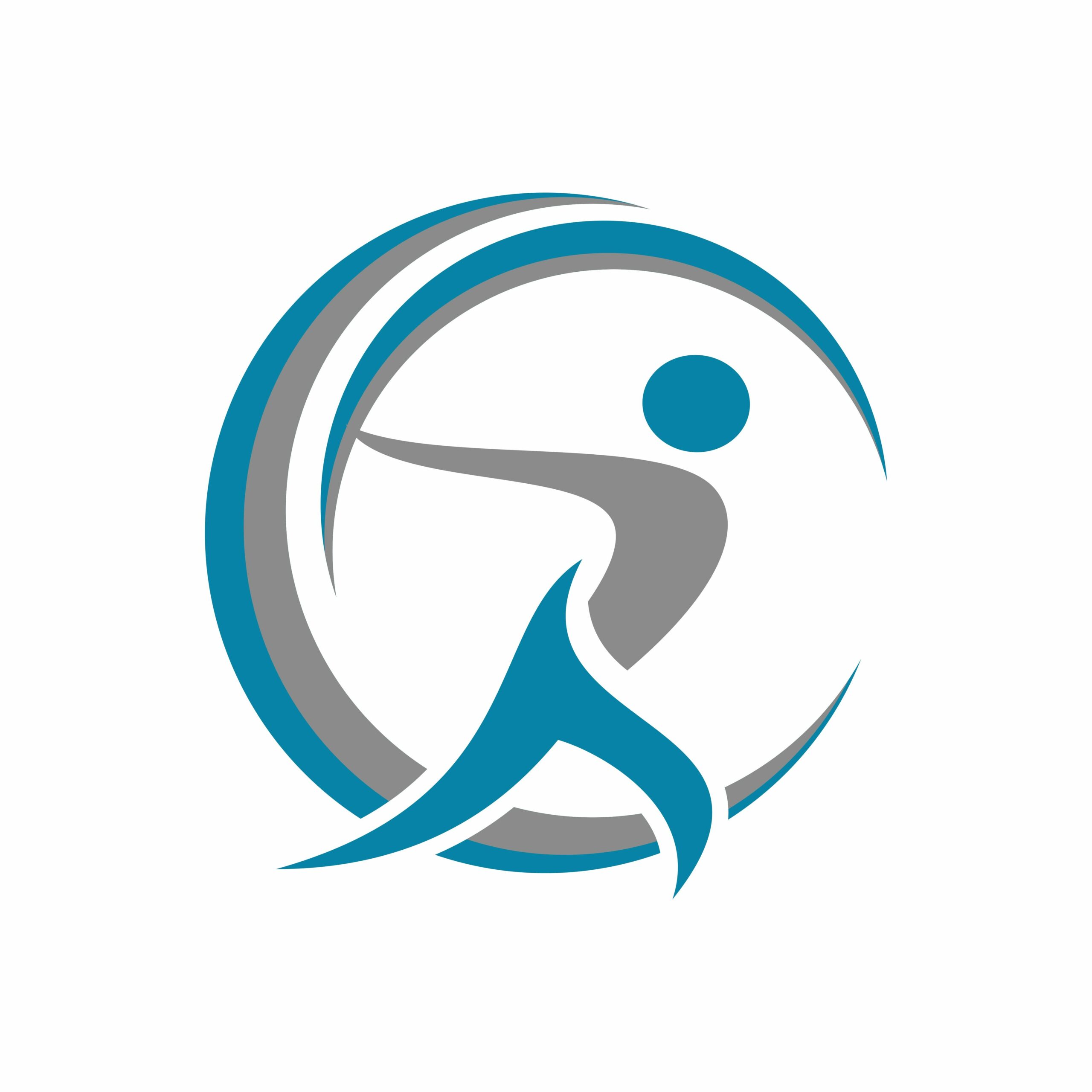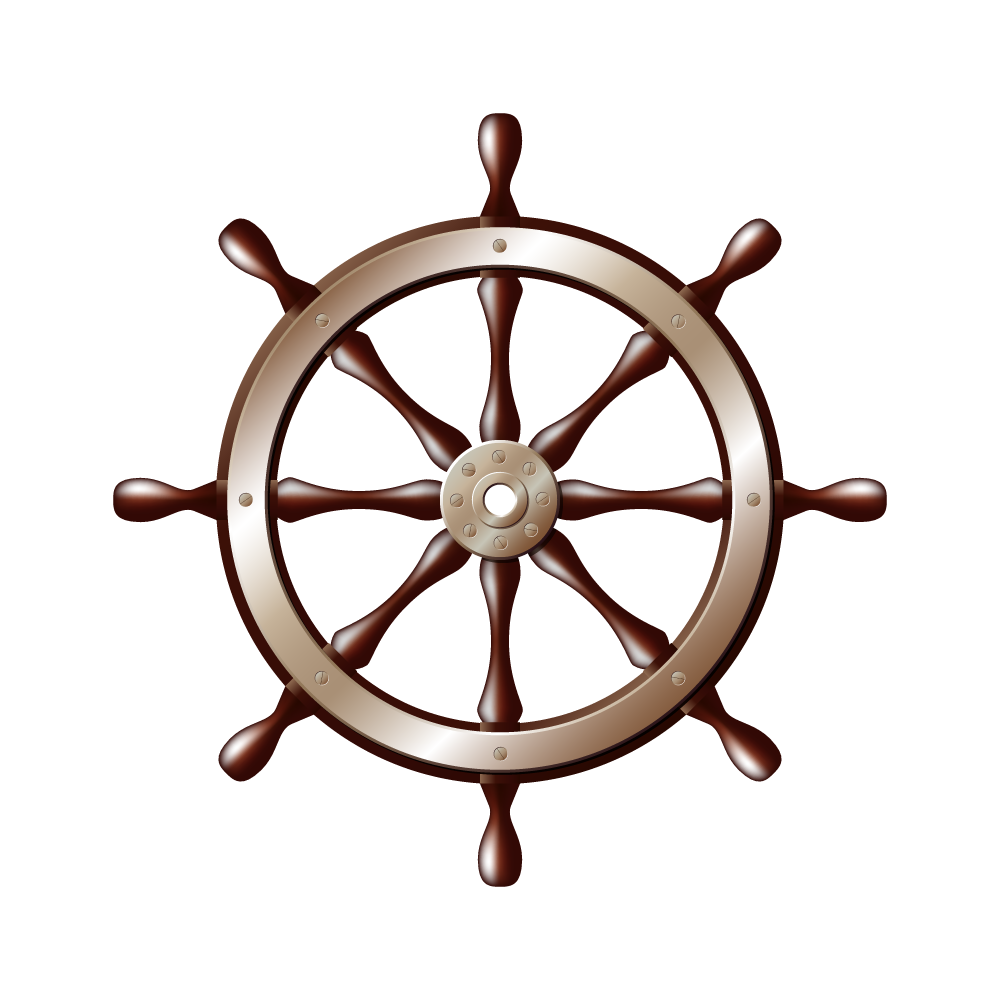Overcoming the Cycle of Overthinking
Following my previous Time to Declutter article that focused on editing down our possessions, I would like to share some thoughts about clearing our mental clutter.
Does this resonate with you?
With the year drawing to an end, I find myself burdened by a different kind of clutter. All year long, I’ve absorbed countless insights—from conversations and from reading—without taking the time to reflect, decide what to keep, what to integrate into my life, and what to discard.
According to my Qi Gong teacher, mental clutter often stems from a few key sources:
• Overthinking – (1) mulling over one issue endlessly without taking action to resolve or complete it, and (2) feeling overwhelmed with multiple areas in life without a focused and organized approach to tackle them one by one.
• Constant information absorption – Whether driven by curiosity or the pressure to appear like an expert or as a savant, we often take in more information, data, and insights than we can process.
One simple answer: meditate to clear your mental clutter.
It sounds easy, and it is—with practice and patience.
Meditation Removes Mental Clutter
In Eastern philosophy, meditation is a powerful tool for clearing mental clutter.
• Meditation doesn’t focus on stopping thoughts; rather, it’s about gaining control over our nonstop train of thought.
• Meditation helps us quiet extraneous, unwanted, and unproductive thoughts—reducing the stress and suffering they can bring.
Choose a form of meditation object. What’s most important is being intentional; focus your mind on the activity itself and be present with your chosen meditation object.
• It could be the movement of your breath.
• It could be a physical movement, like raising and lowering your arms or gently swaying your body and arms.
My teacher recommends a physical activity to clear both mental and overall clutter— whether it’s calm or strenuous — because when we move our bodies, we shift our attention from our thoughts to the present moment, grounding ourselves in one singular focus. There’s only one thing that’s occupying our brain.
For example, when I’m climbing, I must concentrate fully on my next move, or I risk falling. I clear away my overthinking with each intentional movement.
This approach is rooted in traditional Eastern health practices, which emphasize the importance of movement for maintaining the flow of Qi (internal energy). When we don’t move our bodies, our energy can stagnate, leading to blockages that manifest as both physical and emotional issues.
Think of your body as a car: if it stays parked for too long, it will start to develop problems—dead battery, flat tires, rusted parts. Unlike our cars, we cannot replace our bodies!
A Simple Breathing Meditation
Let me offer a simple and quick meditation called abdominal breathing that you can do anywhere, any time. Imagine you’re sitting at your desk, just finishing up your workday and preparing for bed. Or perhaps you’re on your way to or from work, stuck in traffic. You notice your mind racing. In those moments, pause. Turn off your music or podcast. Lower your gaze and shift your attention inward to your breath.
• Inhale deeply through your nose and allow your belly to expand.
• Exhale slowly through your mouth and gently contract your abdomen.
Remember, practice with intention. With each breath, inhale healthy energy into your body, mind, and emotions. When you exhale, release restlessness, stress, anxiety, and any negative emotions that contribute to your mental clutter. Let go of thoughts about the past (regret, sadness, guilt), the present (overwhelm, responsibilities), or the future (anxiety, uncertainty).
Just focus on your breath for a minute or two—while waiting at a red light, or as the bus takes you to your next destination. By focusing your breath mindfully, you allow yourself to declutter and reset, moment by moment.
Benefits of Abdominal Breathing in Qi Gong:
• Reduces stress by activating the parasympathetic nervous system.
• Boosts internal energy (Qi) flow and promotes better circulation throughout the body.
• Improves oxygenation by increasing lung capacity, as research has shown that most of us tend to be shallow breathers.
Declutter Your Mind at any Moment
Even though I meditate and practice Qi Gong every day, I must admit that sometimes I still struggle with overthinking, even during my practice. This holiday season, I’ve promised myself to declutter even more, to decompress, and re-energize.
Remember, at any moment, you can clear your mental clutter with a brief meditation. Learning to watch your thoughts come and go—without holding on to them—is a habit that can be developed over time. Consider meditation as one of the self-care tools you’re giving to yourself.
I hope you’re feeling inspired to adopt a daily meditation practice—whether through focused breathing, stretching, swimming, or other activities—to help you declutter and rejuvenate.
•••••••••
My-Tien Vo – The-One-Thing (TOT) Insights © 2010-2024







